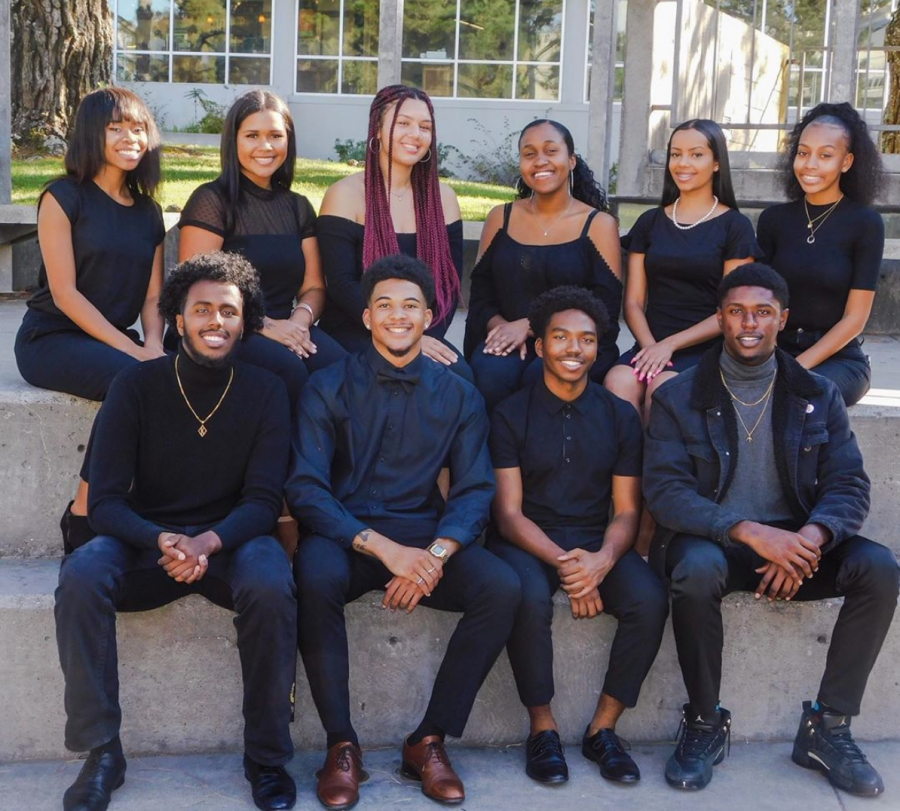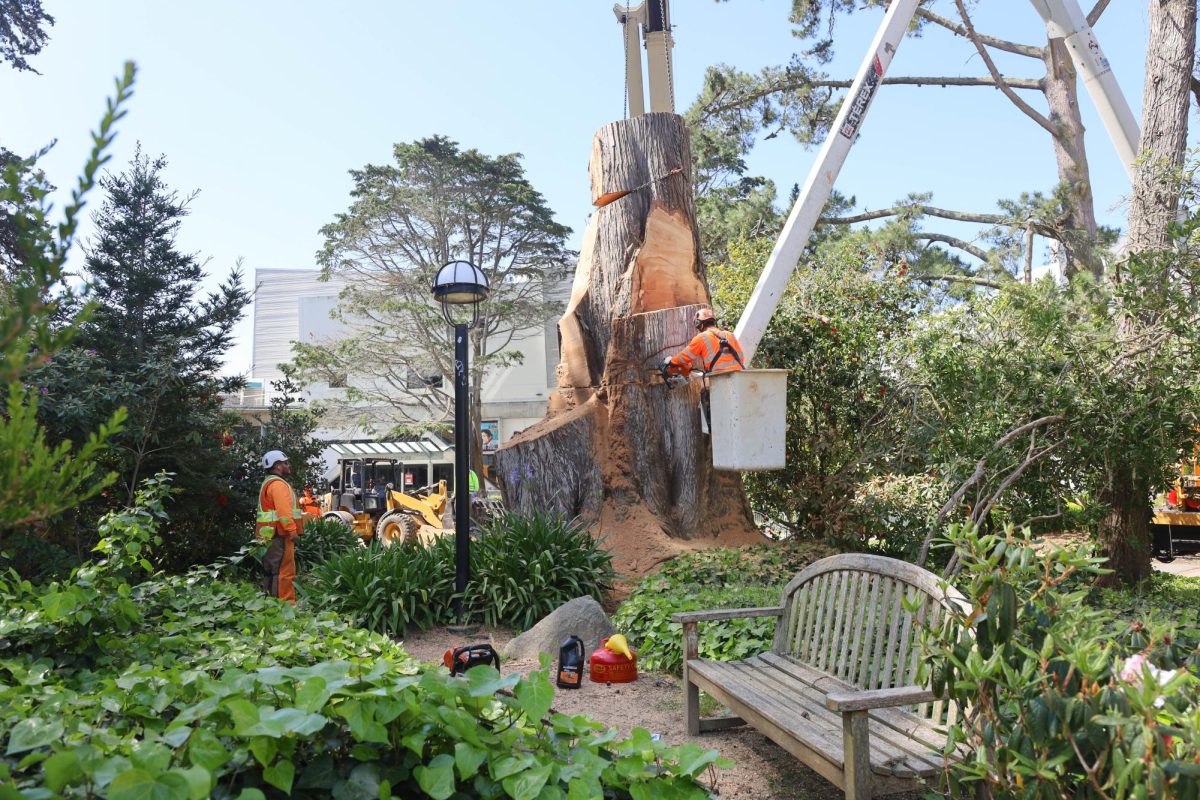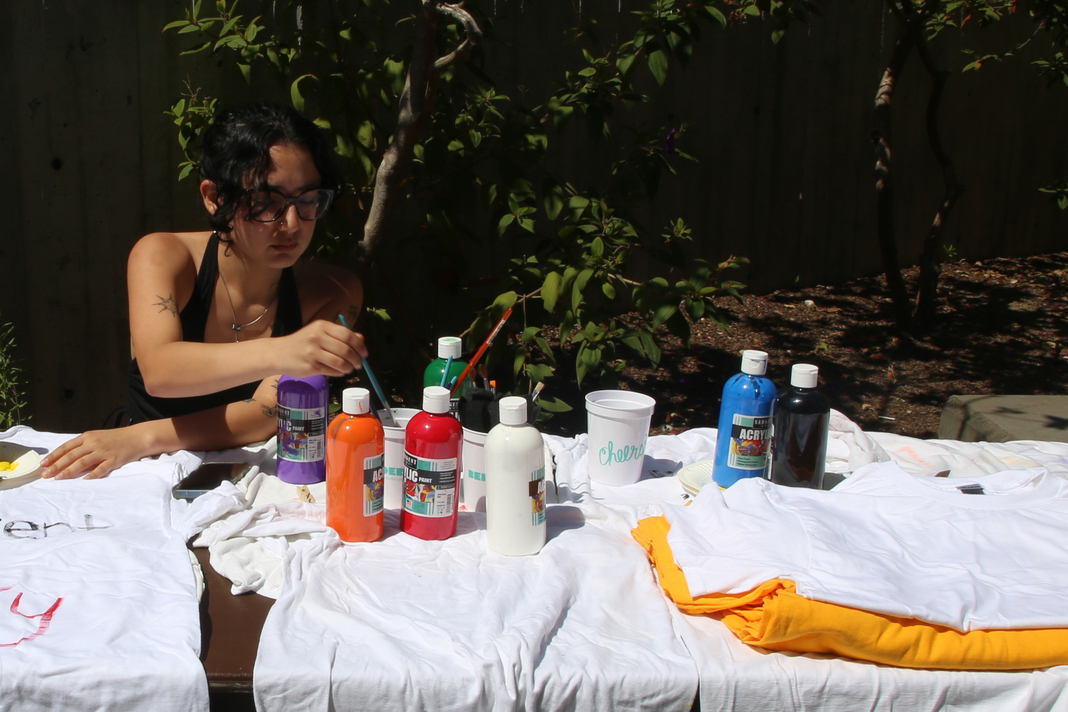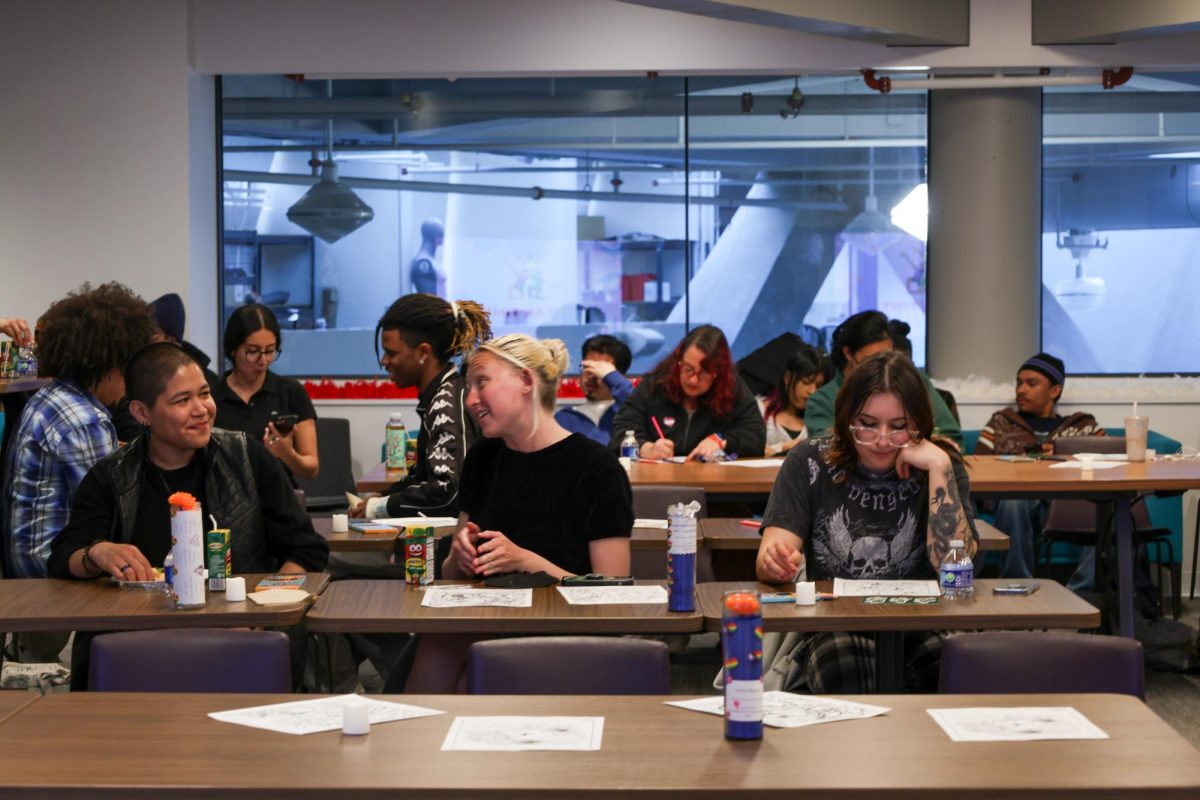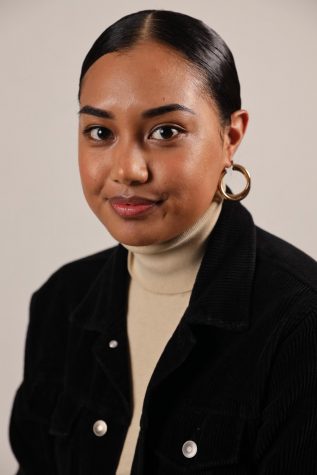SF State’s Black Student Union (BSU) and other student organizations have partnered in an effort to raise money for Black-owned businesses that are affected by ongoing protests and COVID-19.
Protestors have been marching the streets across the nation for over three months now, calling for law enforcement reform and accountability for systemic racism. In spite of the level of activism that has now reached global recognition, small local businesses have also experienced break-ins and property damage during such demonstrations.
According to a local economic impact report released by Yelp in June, “there were nearly 140,000 total business closures on Yelp since March 1.” Since the beginning of the outbreak of COVID-19, local businesses have had to temporarily or permanently close due to the lack of customers and city shut-downs. BSU started a Black Business Relief Fund through PayPal to financially help local businesses, which collected over $8,000 in 16 days.
Cameron Morgan, BSU’s financial director, stated that a final decision has not been made on which businesses will be chosen, but board members have been in communication with various organizations. The BSU has, in the meantime, compiled a list of Black-owned businesses and organizations in San Francisco for the public to utilize.
“We want to be able to help every small or every local business or small Black businesses that are in the Bay Area,” Morgan said. “But it’s a matter of circumstances and whether or not it’s convenient enough for us to send money to them. So we’re just getting everything kind of situated as of right now.”
In light of the current demonstrations in protest of police violence, support for Black-owned businesses has rapidly grown in the past few months. Supporters have flocked to social media platforms like Instagram, where millions of posts on Instagram have been tagged and shared with hashtags like #supportBlackbusinesses and #shopBlackowned. Yelp’s local economic report also stated “from May 25 to July 10, there have been more than 2,500,000 searches for Black-owned businesses on Yelp, compared to approximately 35,000 over the same time period last year (7,043% increase).”
Diana Freslassie, the current President of BSU, said she was surprised and grateful to see the support from other student organizations on campus.
“It was like wow … thank you all for not only, you know, sharing your, either condolences or like standing in solidarity with us, but actually financially contributing to a cause that we feel is important to us,” Freslassie said.
Founded in 1966, SF State’s BSU was the first of its kind on any U.S. college campus. Jerry Varnado and Jimmy Garrett, notable founders of the Black student organization, met as undergraduate students at SF State and soon started to regularly meet on campus to discuss civil rights advocacy plans.
From there, their group meetings grew in size and soon, other colleges started to form similar groups on their campuses. More than 50 years later, Freslassie commented on the past activism of BSU’s founders at SF State and continuing that legacy within their own work today.
“I think that it is an extremely empowering time to not only be alive during this time, but be able to know that, you know, we are BSU leaders, and this is exactly what we’ve prepared for,” Freslassie said. “We’re walking living history, we’re creating it every day. That’s just amazing. It’s a very unique feeling to know that we’re creating history every day. And we’re working on the backs of what our ancestors created for us.”
In a recent episode of NPR’s podcast Code Switch, Jerry Wayne Varnado spoke about SF State’s Ethnic Studies Strike in 1968 which lasted until March 20, 1969. The strike was, in part, set off when George Mason Murray, a graduate student who taught English literature, was fired by SF State’s administration. Murray was also affiliated with the Black Panther Party as the Minister of Education.
In an interview with SFGate, Varnado and Garrett talked about the organization’s history and the legacy they left. “Our thing was not simply to understand the world,” Garrett said in the interview. “Our duty was to change it. Everybody on the campus who identified themselves as a Black person, whether they were a student, faculty, worked in the yards, you were a member of the Black Student Union by definition.”
Alajah Burns has been an intern for BSU since the spring semester, but is hoping to run for a position in the upcoming BSU executive board elections for the fall. Burns said she would love to see more recognition of Black organizations and continuing the call for social justice reform on an administrative and national level.
“Personally, I would like to see a level of commitment from the administration on what we believe is important, and what should be further for our agenda,” Morgan said when talking about expectations for the fall semester. “Just to hear us out, I feel like there’s always a conversation to be had. There’s always words, but there’s no action. So I’d love to see that going forward.”
As BSU prepares for elections, Freslassie said the organization’s plans have shifted in response to COVID-19. On August 4, President Mahoney sent out an email to students, staff and faculty that stated this fall semester will serve “as a model for protecting public health and ensuring that students continue to make progress toward the academic goals that will serve their families, communities and the city and Bay Area well.”
In addition to organizations and Black-owned restaurants in the city, the resource guide provided by the BSU also lists Africana Studies courses offered at SF State. Freslassie said BSU has also offered virtual resources to students over the summer that include a fitness workshop. Although the summer session will conclude her time serving as BSU’s president, Freslassie said she is proud of the progress she and the board have made within a year.
“We know how to protest, we know how to organize, we know how to do XYZ, everything that being a Black leader on campus is supposed to train you to do. And I think I’ll be forever grateful for that,” Freslassie said. “So this is definitely a position I will never forget, like a term of leadership that I will always remember and cherish. I think I’ve grown tremendously within it.”
As the President of Black Residents United in Housing (BRUH), Ibory Moore said that there is still a lot of work to be done despite the support. Non-Black allies have been called out for performative activism as social media trends like posting black squares on Instagram have actually been counterproductive within the movement.
“It’s about keeping this pressure and keeping this energy,” Moore said of the rising awareness and support of the Black community. “And the world understanding that when we come together and we speak, we have the power to make change. And this is about keeping the momentum. This is not a hashtag. This is not a trend.“




